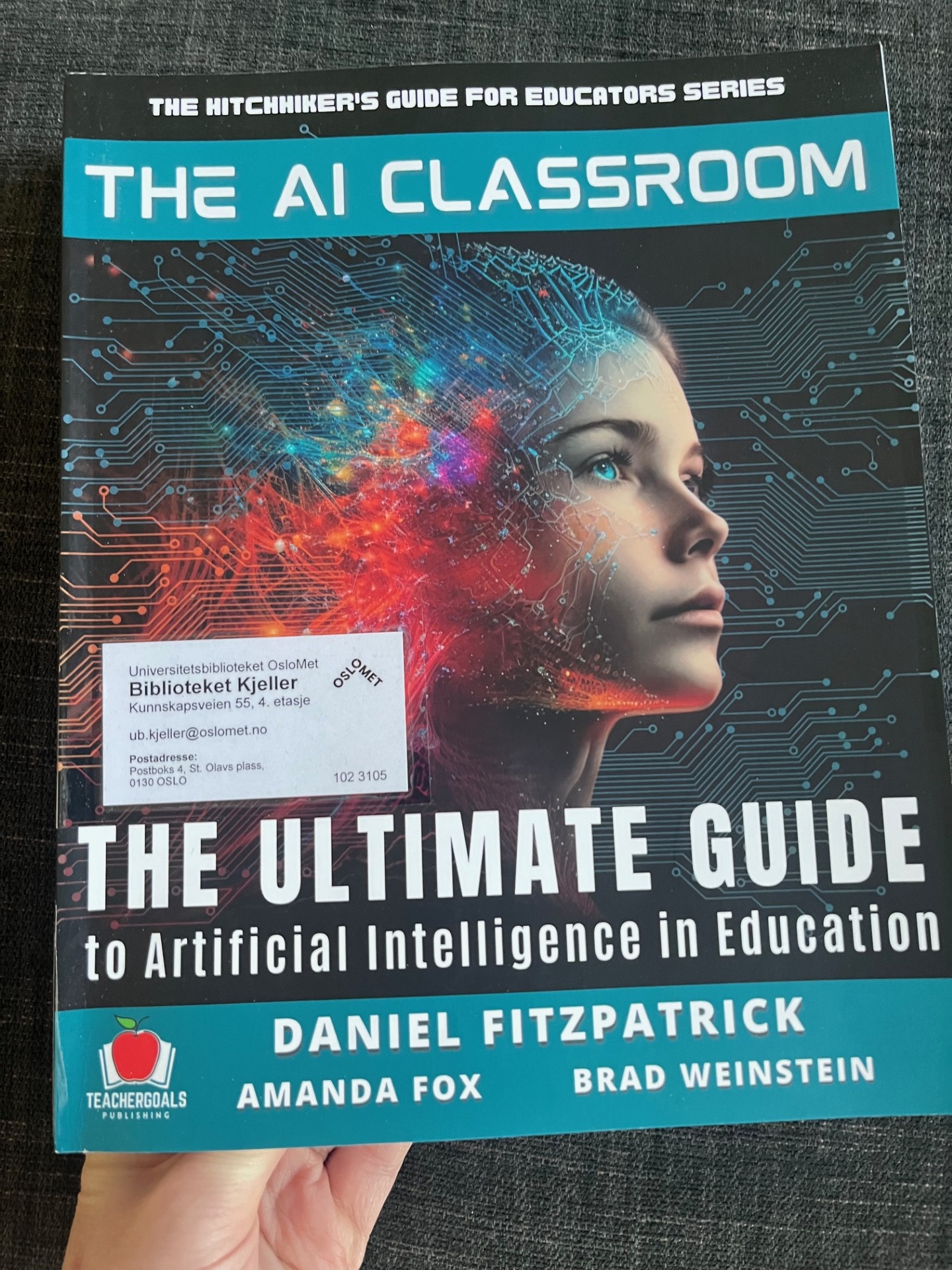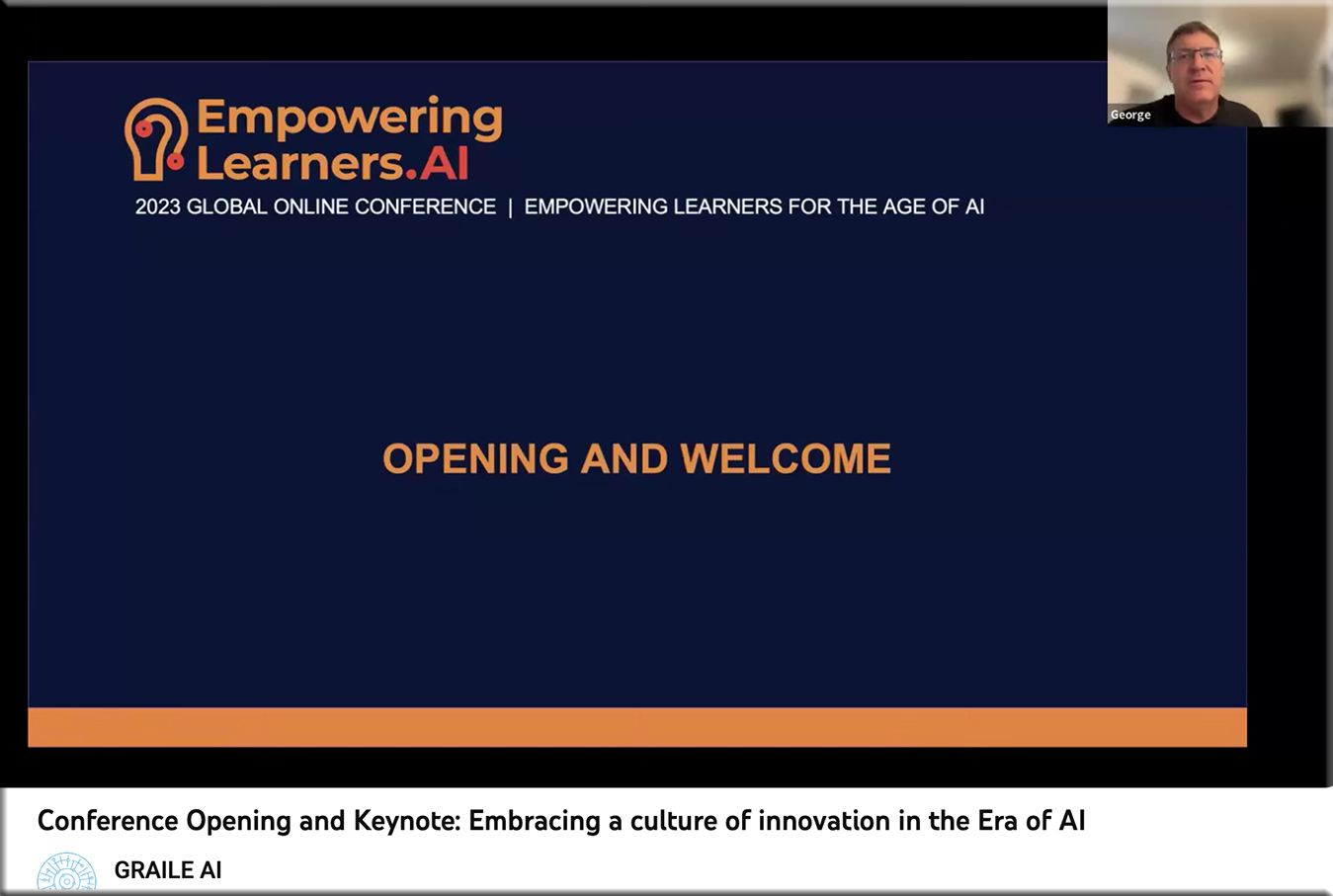Democrats and Republicans Agree Teacher Prep Needs to Change. But How? — from edweek.org by Libby Stanford
The programs have been designed “essentially to mass-produce identical educators,” a teachers college dean told lawmakers
The core problem, witnesses at the hearing said, is that teacher-preparation programs treat all teachers—and, by extension, students—the same, asking teachers to be “everything to everybody.”
“The current model of teaching where one teacher works individually with a group of learners in a classroom—or a small box inside of a larger box that we call school—promotes unrealistic expectations by assuming individual teachers working in isolation can meet the needs of all students,” said Greg Mendez, the principal of Skyline High School in Mesa, Ariz.
From DSC:
I’ve long thought teacher education programs could and should evolve (that’s why I have a “student teacher/teacher education” category on this blog). For example, they should inform their future teachers about the science of learning and how to leverage edtech/emerging technologies into their teaching methods.
But regardless of what happens in our teacher prep programs, the issues about the current PreK-12 learning ecosystem remain — and THOSE things are what we need to address. Or we will continue to see teachers leave the profession.
- Are we straight-jacketing our teachers and administrators by having them give so many standardized tests and then having to teach to those tests? (We should require our legislators to teach in a classroom before they can draft any kind of legislation.)
- Do teachers have the joy they used to have? The flexibility they used to have? Do students?
- Do students have choice and voice?
- etc.
Also, I highlighted the above excerpt because we can’t expect a teacher to do it all. They can’t be everything to everybody. It’s a recipe for burnout and depression. There are too many agendas coming at them.
We need to empower our current teachers and listen very carefully to the changes that they recommend. We should also listen very carefully to what our STUDENTS are recommending as well!















